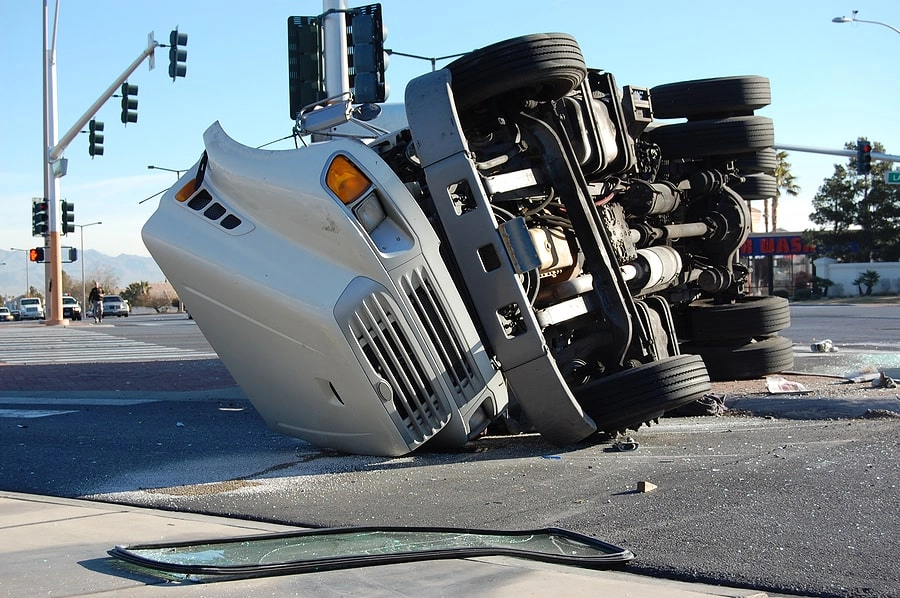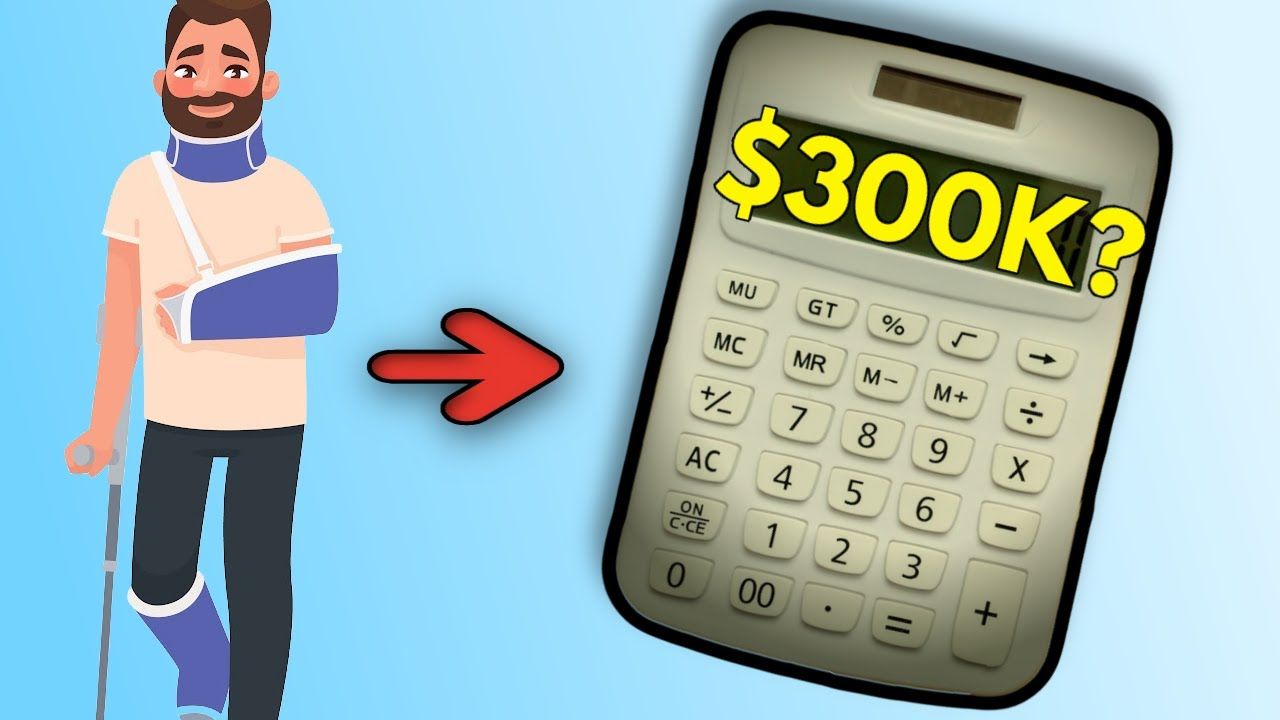Being involved in a truck accident can be an awful experience, and understanding the legal implications becomes crucial, especially in a contributory negligence state like Florida. In accidents involving trucks, determining fault can be a complex process, often leading to questions about partial liability. If you find yourself partially at fault for a truck accident in Florida, it is very important to fully understand how partial fault may influence the outcome of your case. This article will explore the nuances of partial fault and its impact on truck accident cases in the state.
Understanding Florida’s Comparative Negligence System
Florida follows a comparative negligence system, which means that fault is distributed among all parties involved in an accident. In cases where multiple parties share the blame, the compensation awarded to the victim is reduced according to their percentage of fault. This system allows individuals who are partially at fault to still seek compensation, albeit reduced, for their injuries and damages.
Factors That Contribute to Partial Fault

Partial fault in truck accidents can arise from various circumstances, including:
- Distracted Driving: If both drivers involved in the accident were distracted, such as texting or talking on the phone, both parties might share the blame.
- Failure to Obey Traffic Laws: Violating traffic laws, such as running a red light or speeding, can result in partial fault.
- Unsafe Lane Changes: If either party failed to signal or check blind spots while changing lanes, both drivers might share responsibility.
- Following Too Closely: Tailgating or not maintaining a safe following distance can lead to partial fault, especially in rear-end collisions.
- Weather Conditions: In adverse weather conditions like heavy rain or fog, failing to adjust driving speed and behavior can result in partial fault for both parties.
Impact of Partial Fault on Compensation
In a truck accident case where partial fault is assigned, the compensation you receive will be proportionally reduced based on your percentage of responsibility. For instance, if you are found to be 20% at fault for the accident, your compensation will be reduced by 20%. However, it’s important to note that Florida follows the pure comparative negligence rule. This means that even if you are 99% at fault, you can still pursue a claim for the remaining 1% of damages. While your compensation is diminished by your percentage of fault, you are not completely barred from seeking compensation, regardless of your level of responsibility.
Importance of Legal Representation

Given the complexities of partial fault cases, securing legal representation is crucial. A skilled personal injury attorney can assess the evidence, evaluate the extent of your liability, and build a strong case to maximize your compensation. They can negotiate with insurance companies and present a compelling argument in court, ensuring your rights are protected and you receive the compensation you deserve.
Understanding how partial fault affects the outcome of your truck accident case in Florida is pivotal for a successful claim. While being partially at fault can diminish your compensation, the comparative negligence system allows you to pursue compensation even if you share a significant portion of the blame. Seeking legal counsel is crucial to dealing with the complexities of these types of cases, ensuring that your rights are upheld, and you receive fair legal compensation for your injuries and damages. By working with an experienced attorney, you can navigate the legal process with confidence, knowing that your case is in capable hands.





